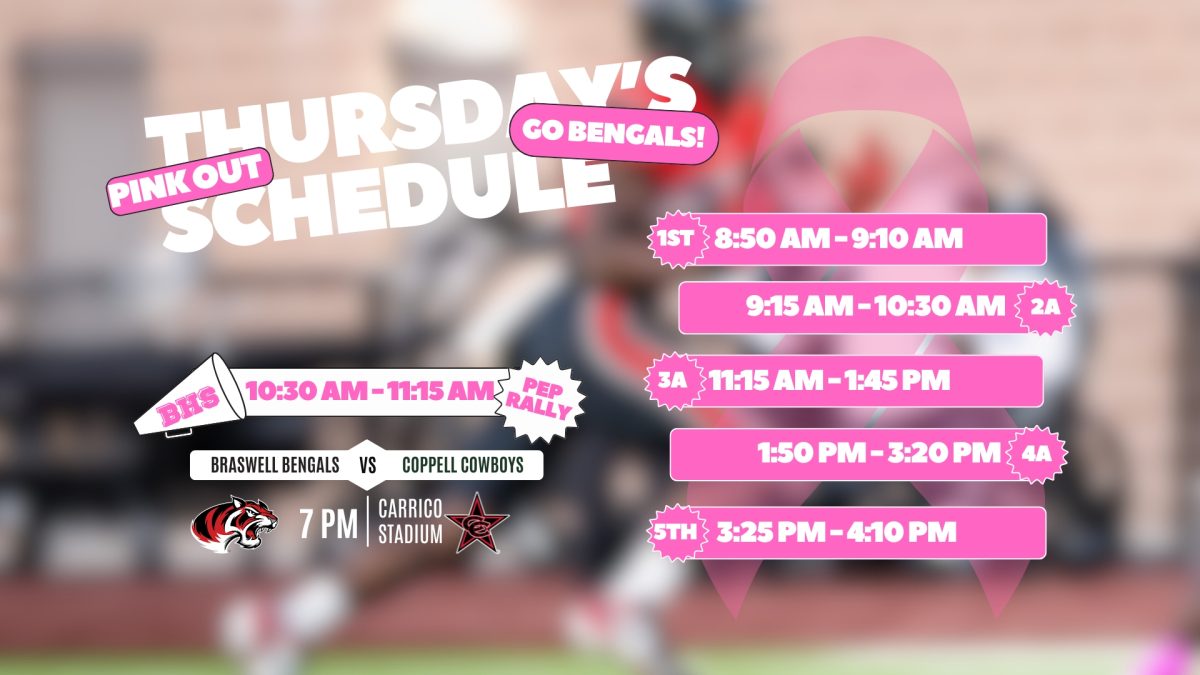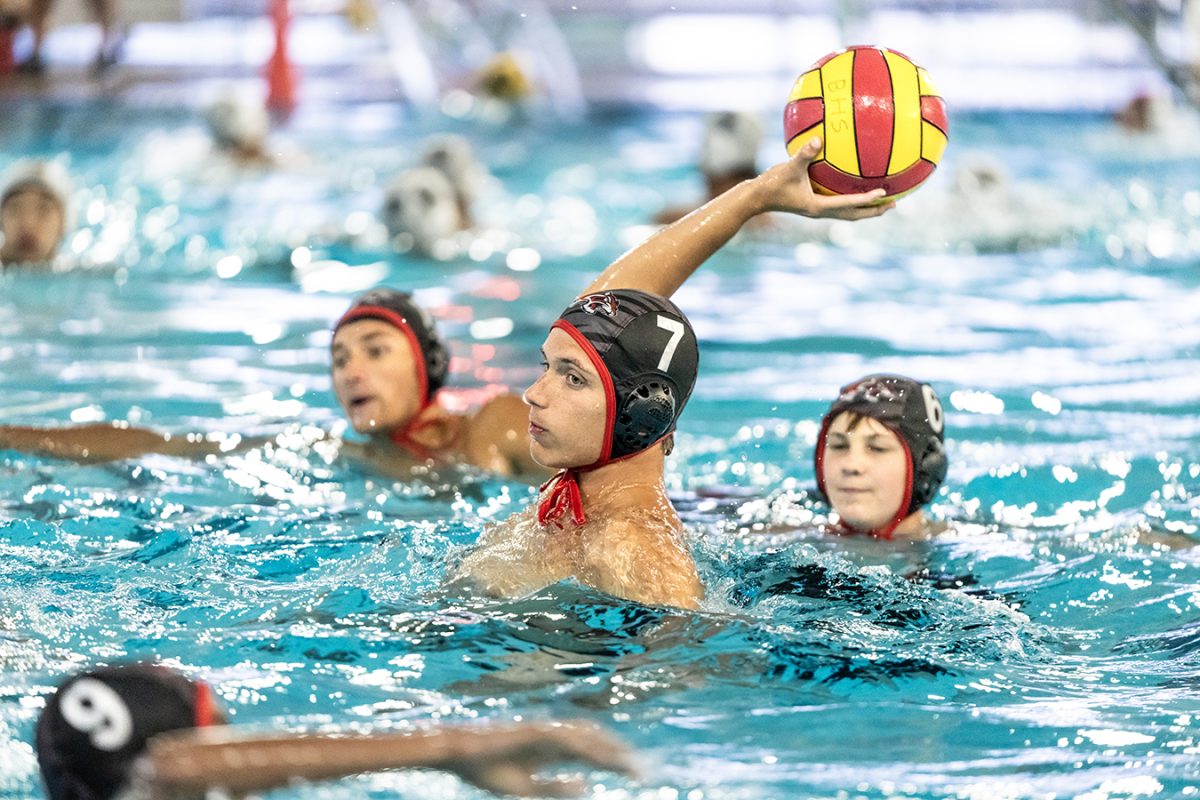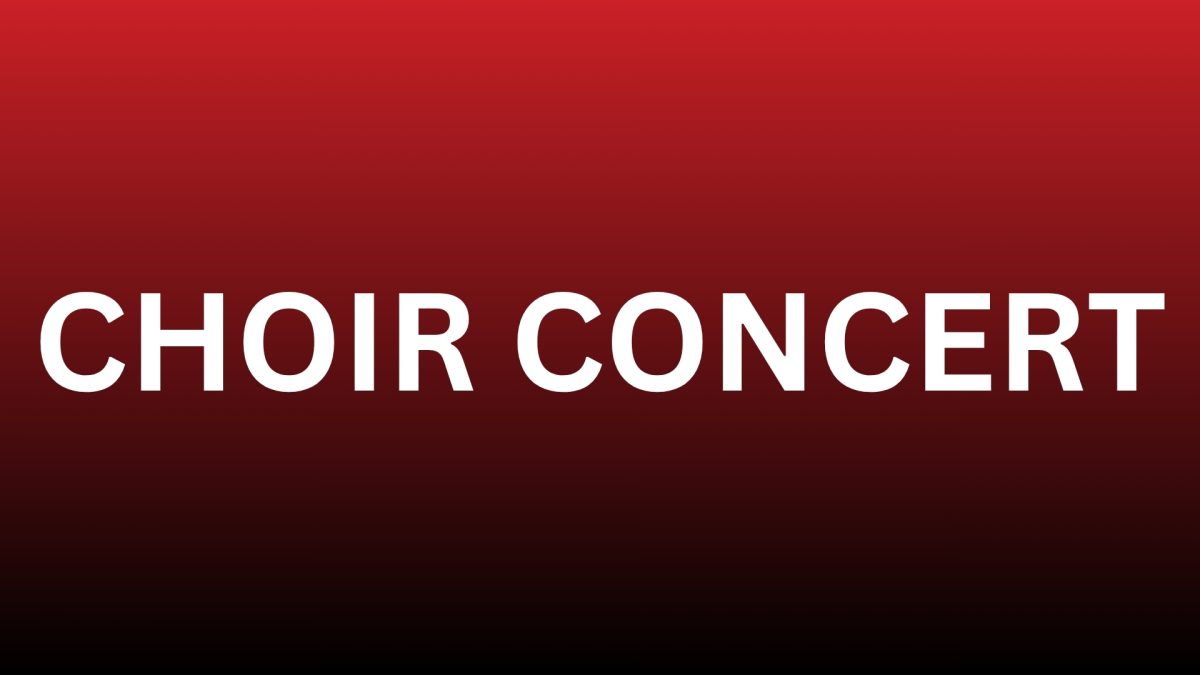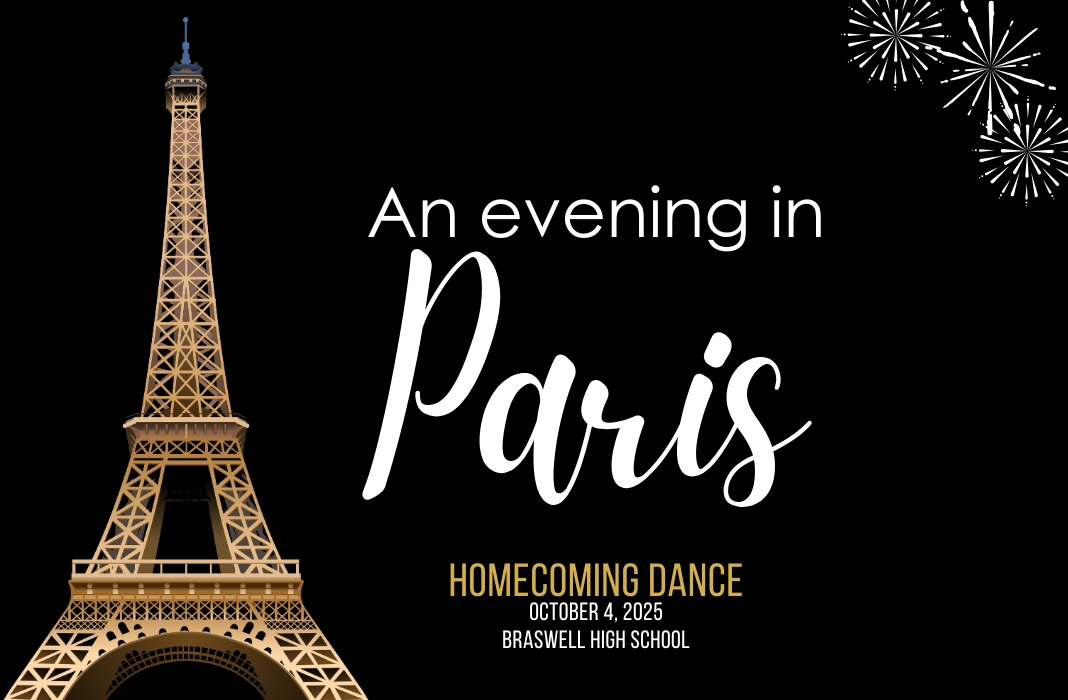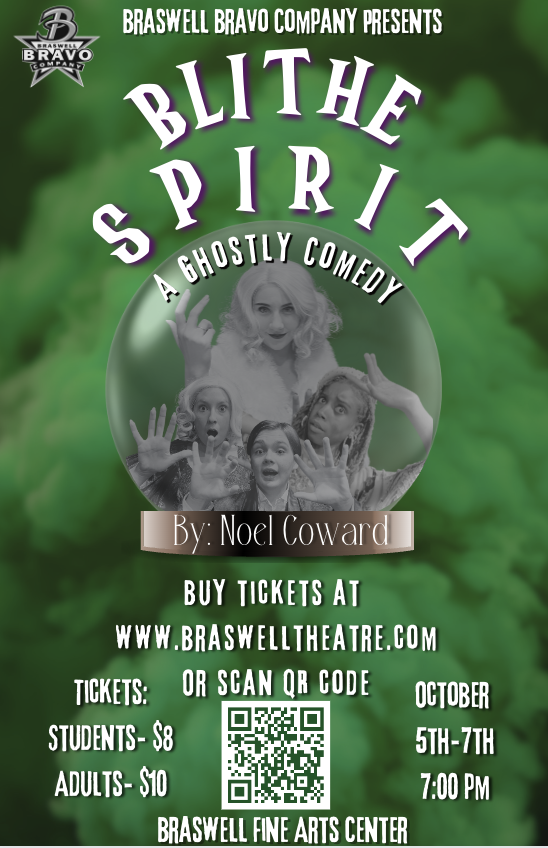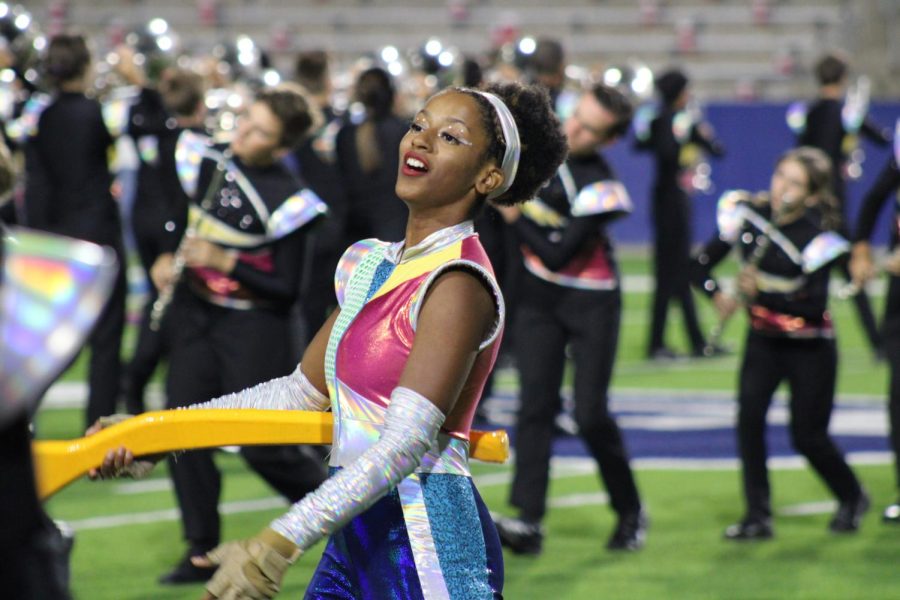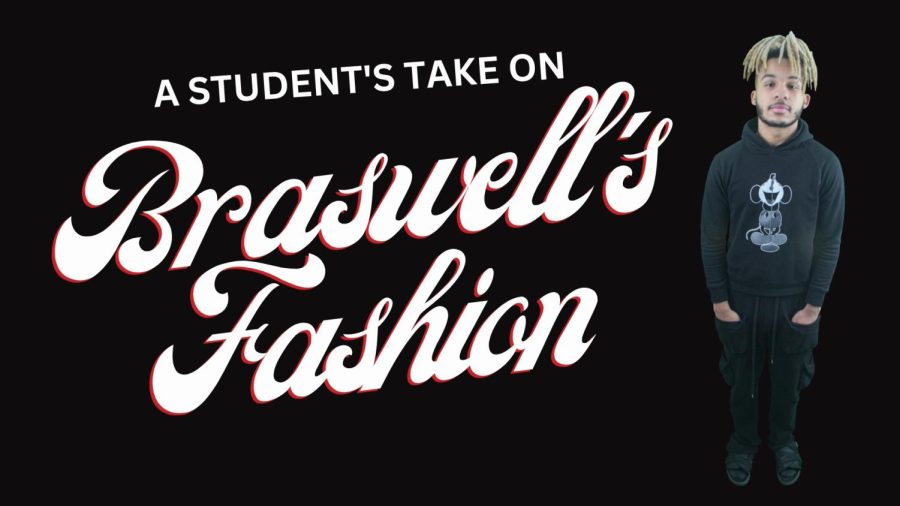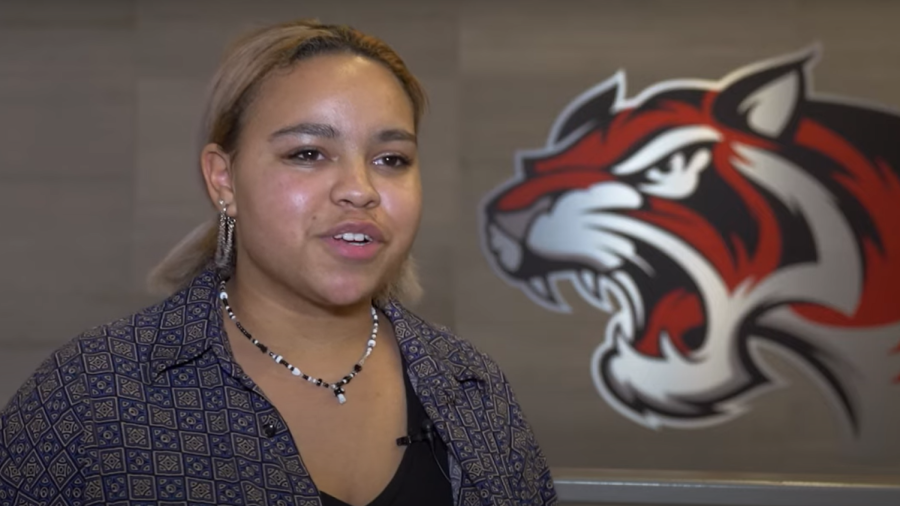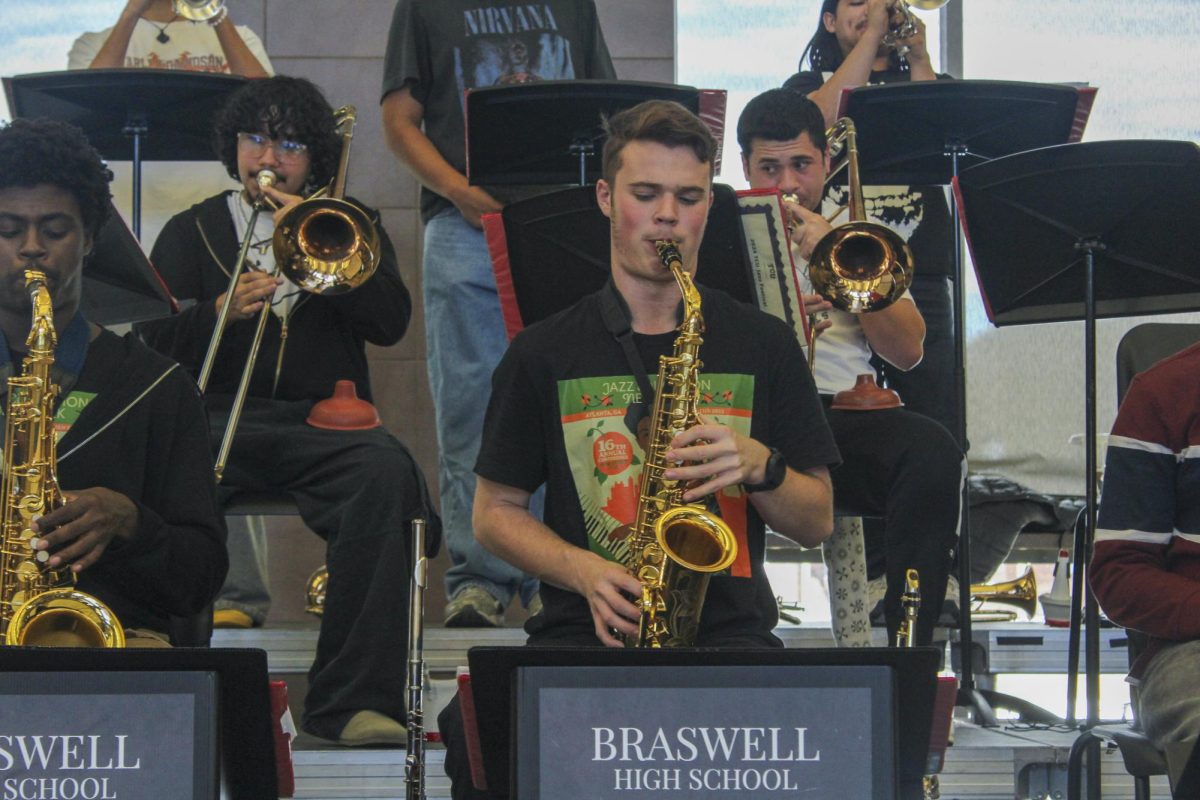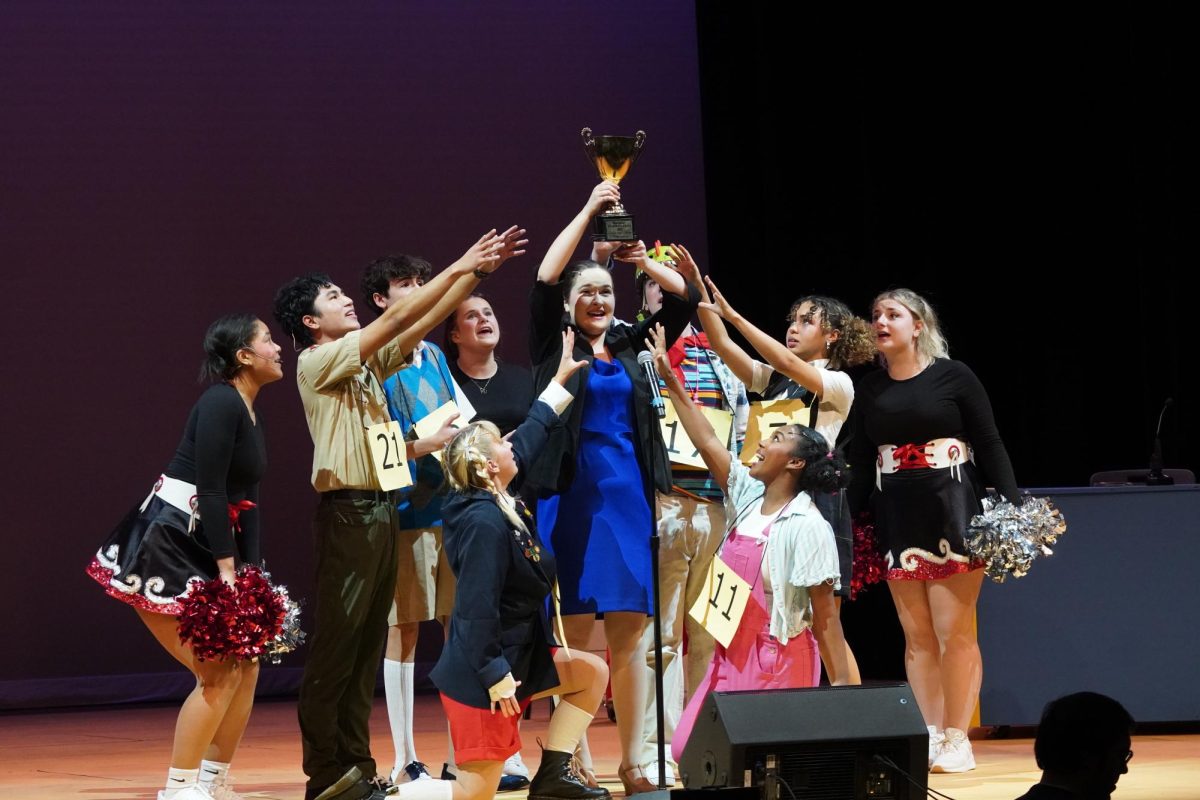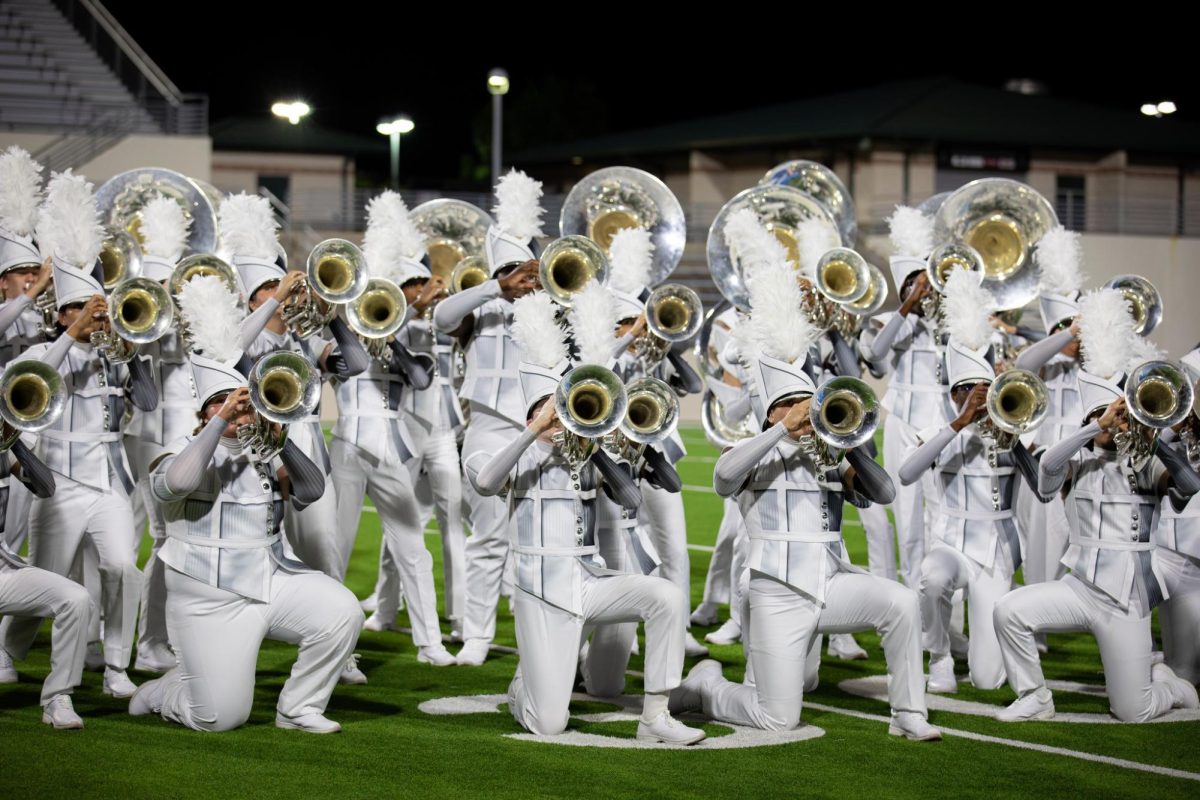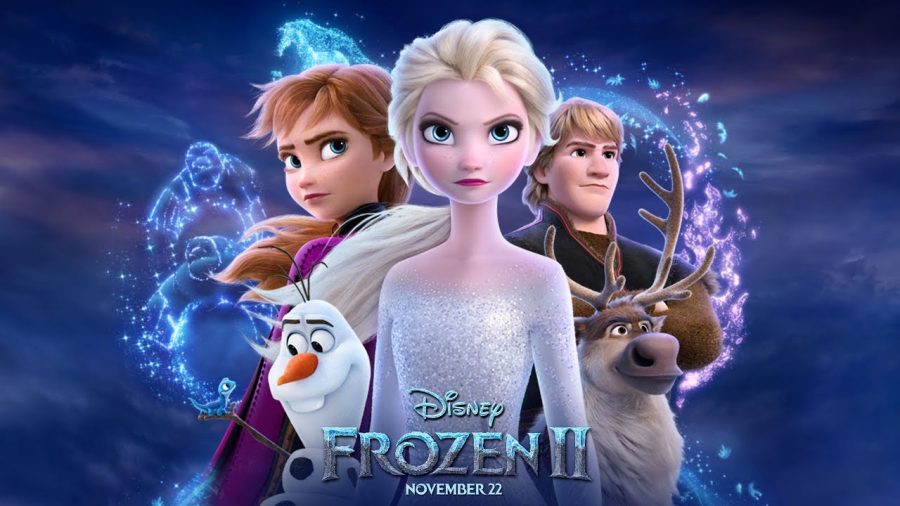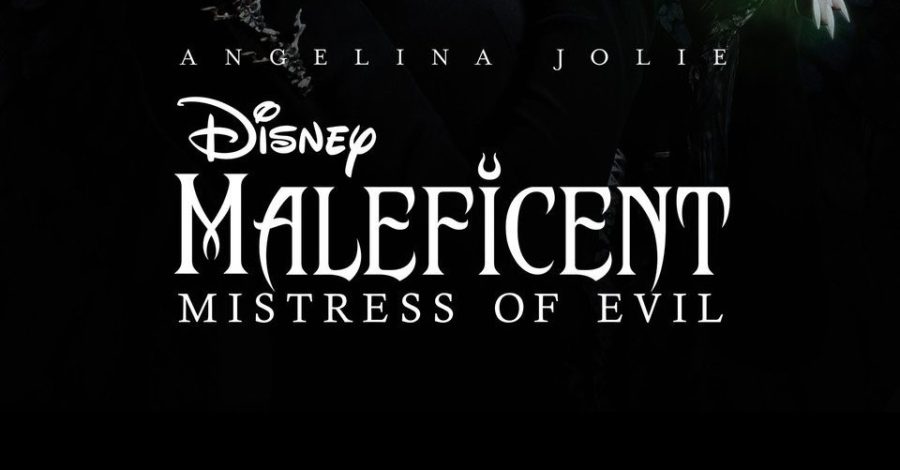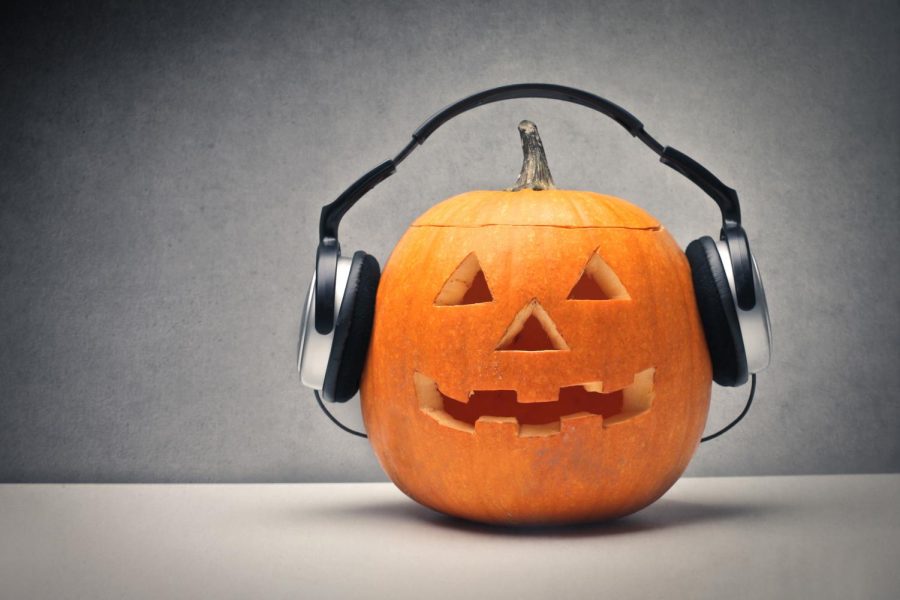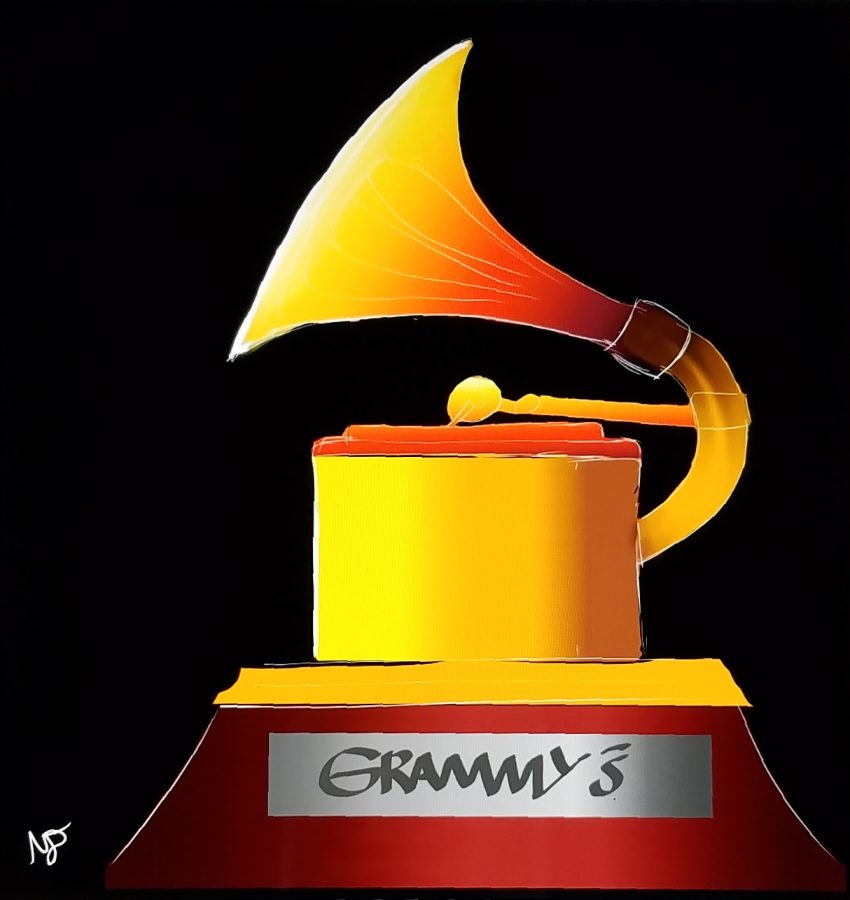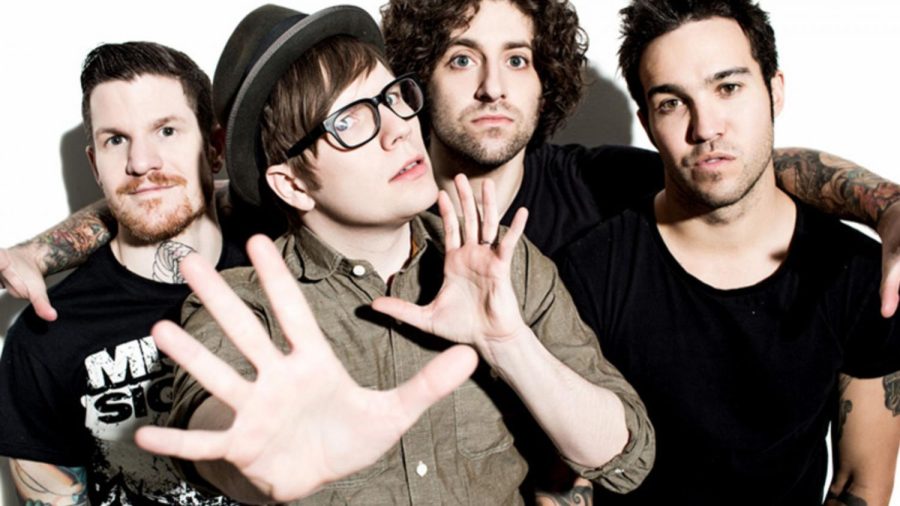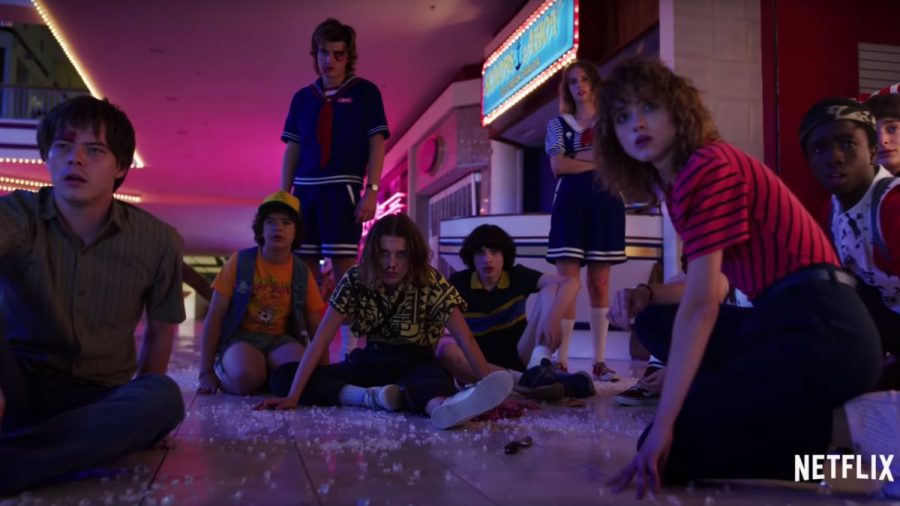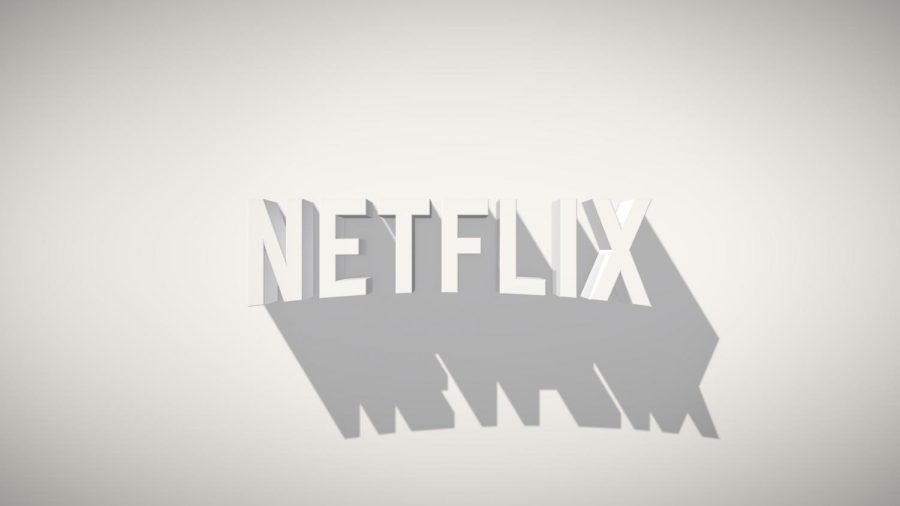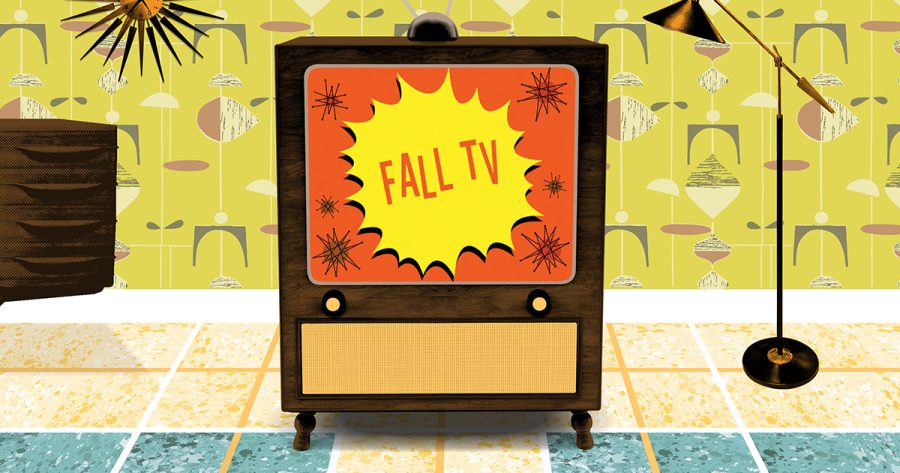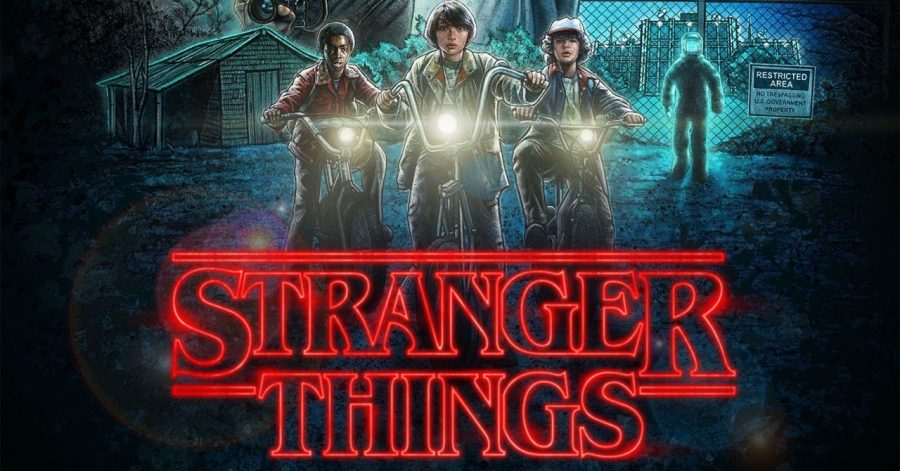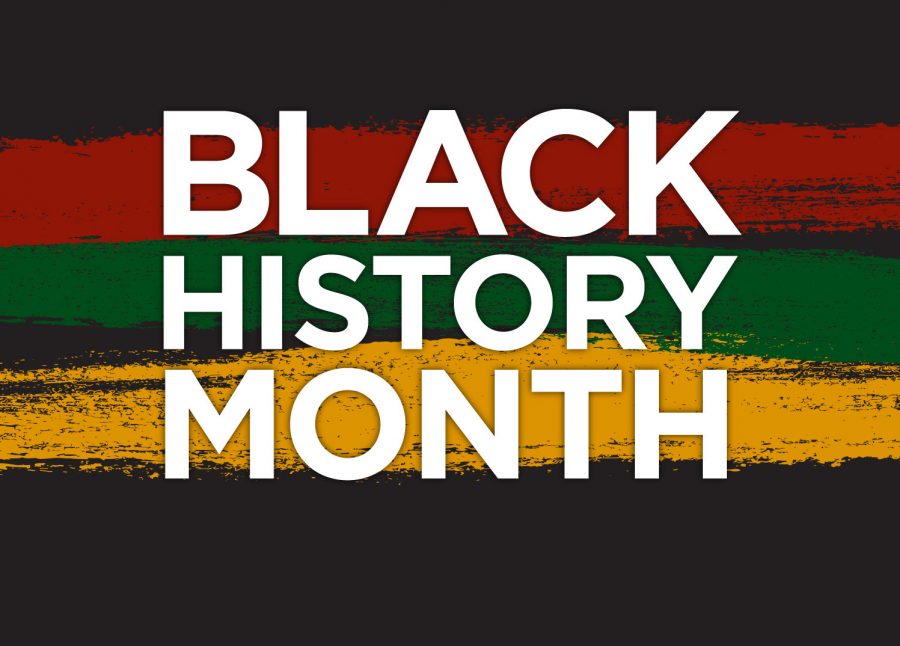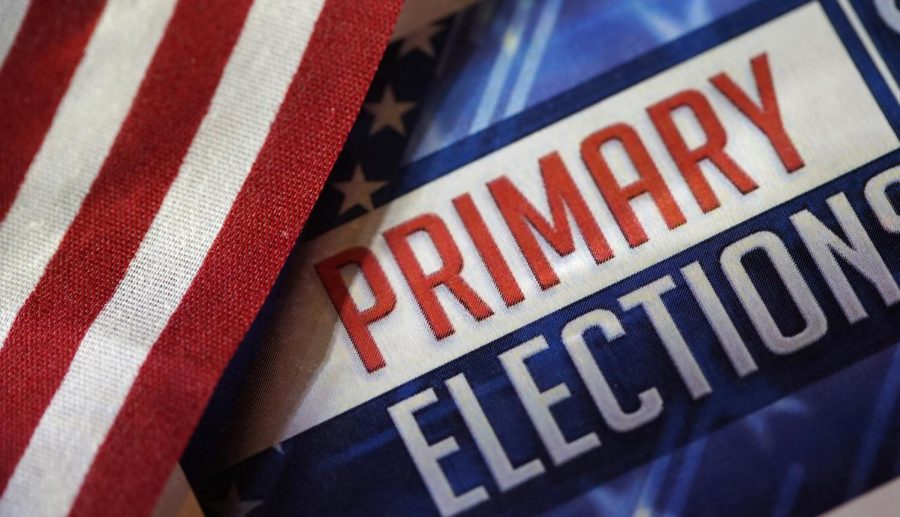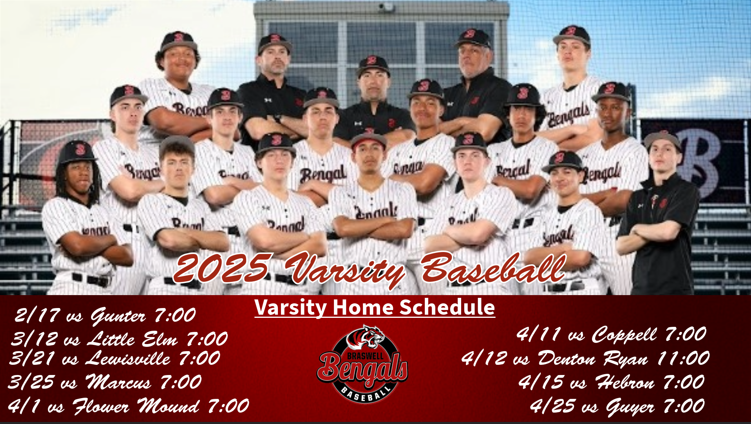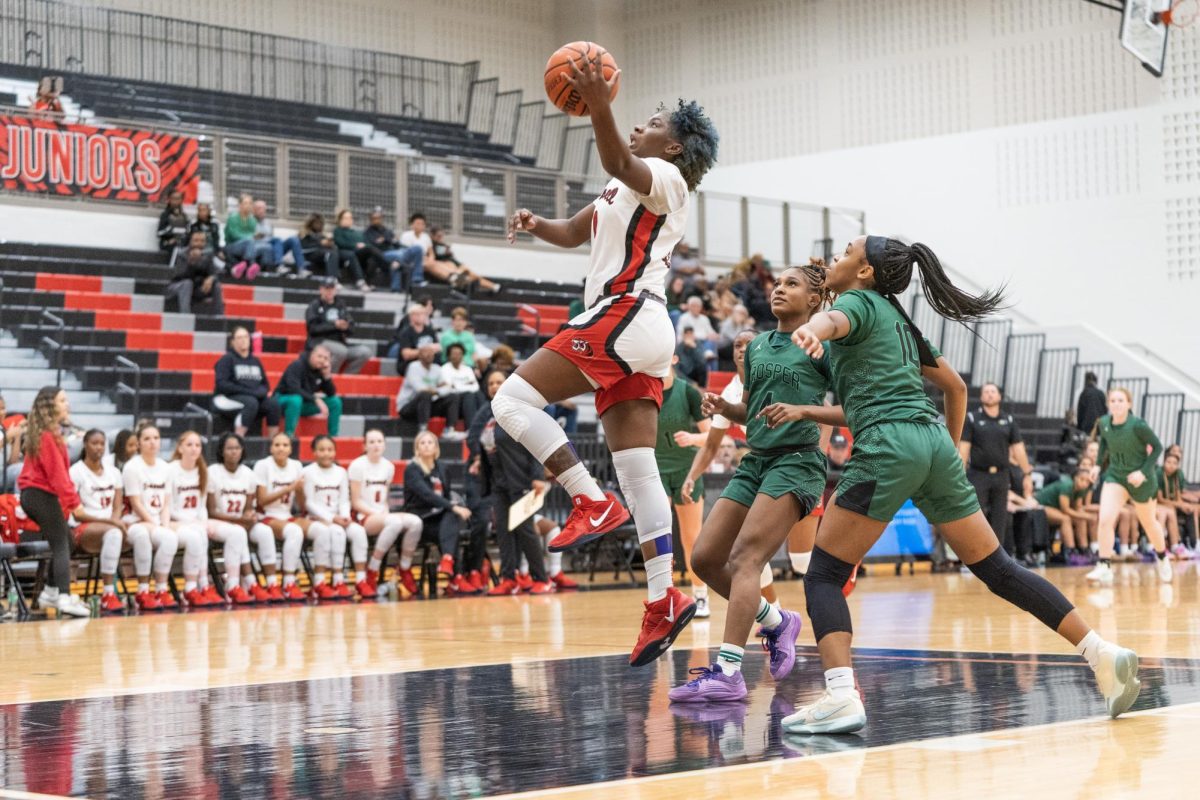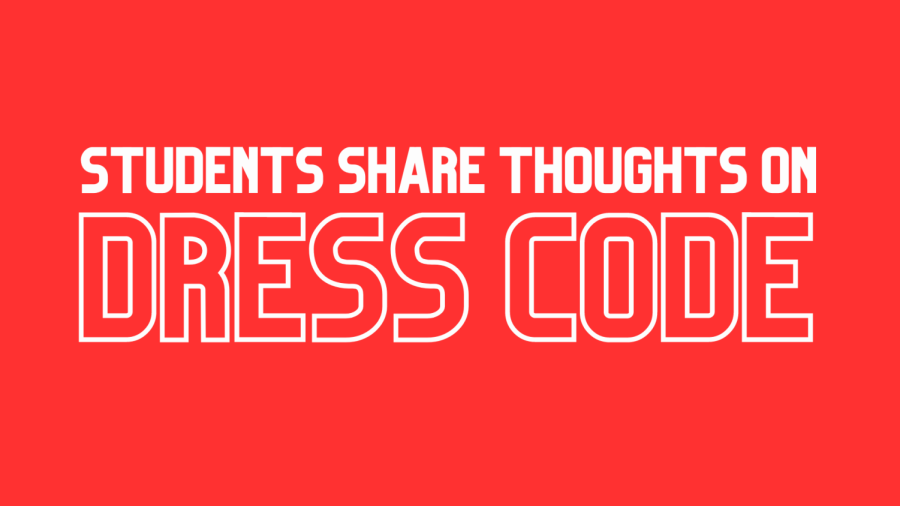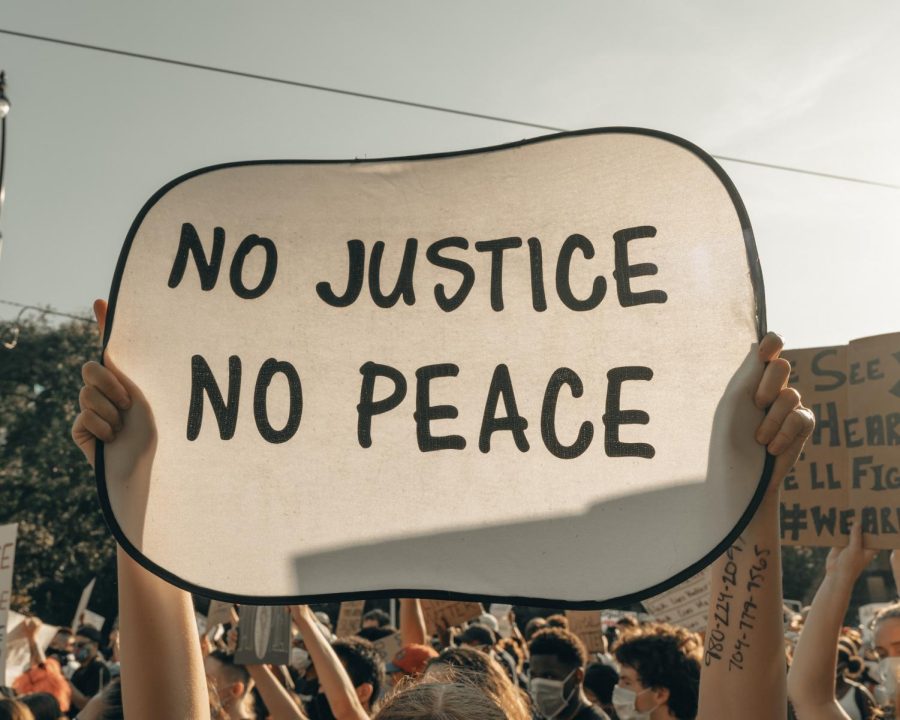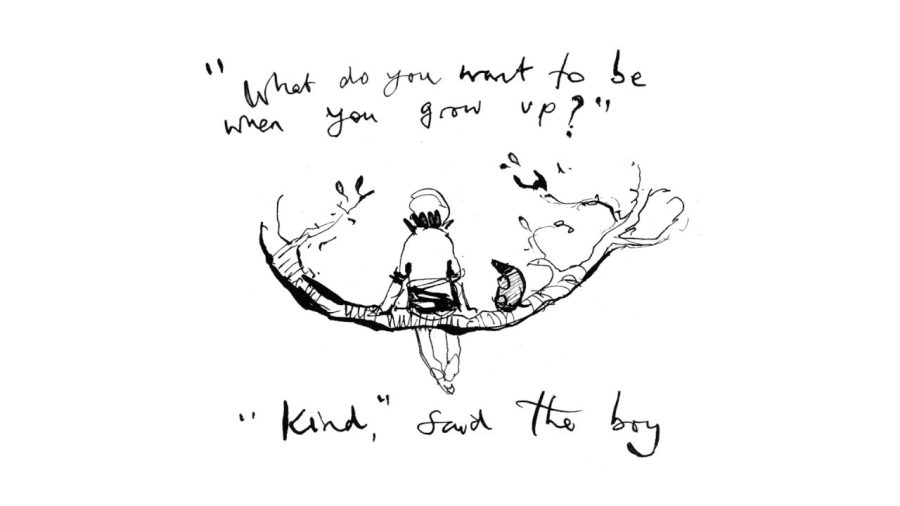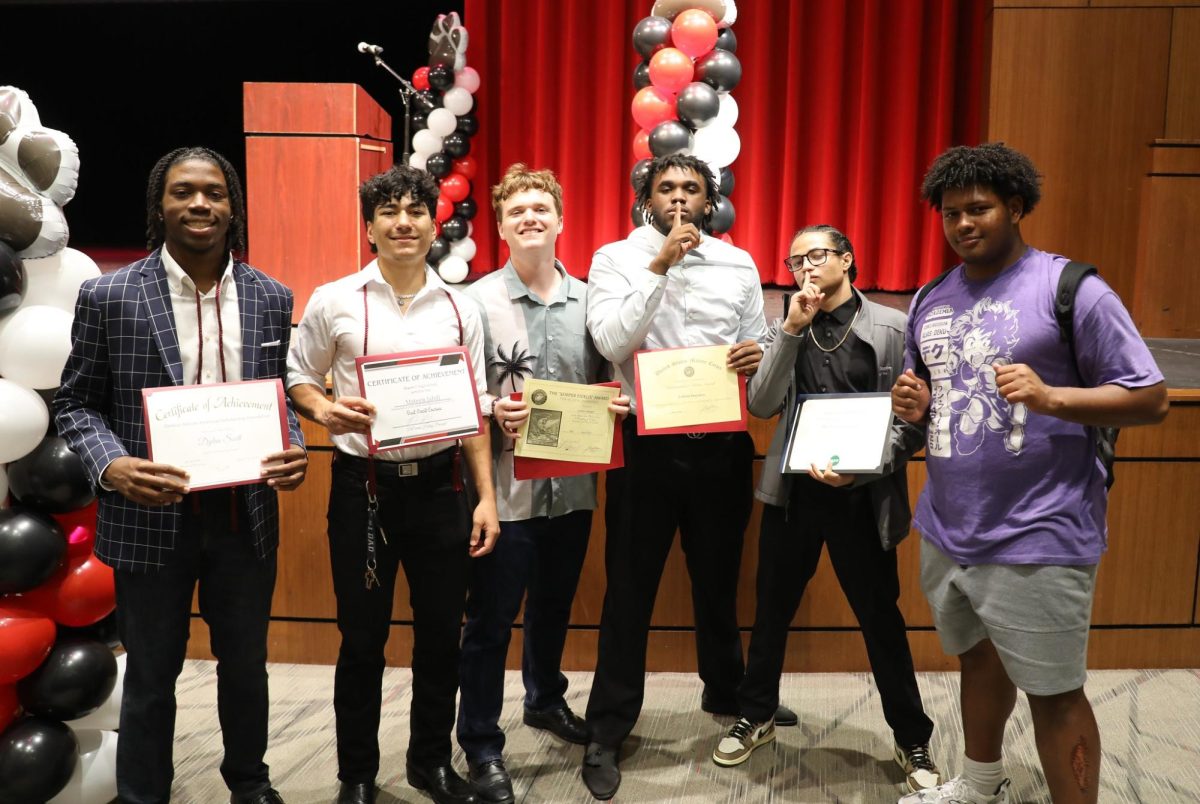Trendy Tragedy: The rise of performance activism
October 4, 2021
#Australianfires, #Quarantine, #GeorgeFloyd, #IRunWithMaud, #EndSARS. These and countless and other hashtags have defined this year’s virtual narrative.
With every injustice, tragedy, and cause comes a torrent of posts spreading awareness, sharing resources, or voicing reactive emotion. Although platforms such as Twitter and Instagram have certainly allowed users to contribute to the awareness of a cause or share their unique experiences, social media has also birthed the lazy, self-centered cousin of activism: performative activism.
Performative activism is not a new phenomenon, but it has certainly taken center stage over the past 10 months of 2020. Unlike true activism, which seeks to elevate the voices of those affected by injustice or calamity, performative activism’s only purpose is to elevate the self. Performative activists seek to earn social brownie points by demonstrating their apparent “wokeness”.
Some may argue that although their intentions are not admirable, their posts still help spread awareness of the issue they hide behind. Indeed, occasionally they do. However, more often than not, silence is more beneficial to the cause than the empty words and substanceless posts that get vomited out into the stream. No better example than #BlackoutTuesday June 2.
Thousands of users posted black squares on their Instagram feeds in a continuing protest of the injustices faced by Black Americans. However, many posted these black squares (often without prior participation in protests of the issue) under the hashtag #BLM, causing many useful resources and messages to be buried – effectively, blacked-out.
Celebrities have made the ridiculousness of performative activism painfully visible. “For things to change, things must change,” Ellen DeGeneres tweeted blandly earlier this May. Jennifer Lopez, who has made a career on capitalizing on traditionally Black aesthetics, made a pitiful contribution to the virtual noise around the same time, posting a meme that read, “It’s not white vs. black, it’s everyone vs. racists.”
Given the proximity these tweets had to the Minneapolis riots, these words all felt tone-deaf. Especially considering that it probably cost these household names more to stay silent than to speak up.
Assuming every celebrity that speaks on an issue is only doing it to maintain an image is a cynical and unnecessary stance. It is also worth noting that the celebrities that have truly contributed to a cause are the ones that didn’t say much at all, instead, they did something. Jamie Foxx, Ariana Grande, Kehlani, Tyler the Creator, Halsey and more all marched at protests against police brutality. Others donated to COVID-19 or bush fire relief or to other causes. So it is to say, performative activism shouldn’t take away the value of those with influence using their platforms for change.
For many of us, it is not always possible to be on the frontlines of a protest, whether this is due to health, safety, or even just proximity to an issue. This inability to do something physically often manifests itself into a flood of action virtually. Vapid gestures of posting black screens under a trending hashtag or reposting videos documenting the violence experienced by a marginalized group flood the stream, and ultimately serve no purpose. Indeed, it could be argued that the information overload desensitizes the public to certain injustices (especially if they are of violent nature), and contributes to the inevitable “burnout” many causes have after a few months.
Many have been criticized for their silence on issues (celebrities, and “normal” people alike) even within hours of major events. This demonstrates how much performative activism has permeated the collective consciousness. When posts and tweets are equated to support, silence is seen as opposition. So one must consider if it is more important to be seen posting about an issue, or to be a true activist in the fight for change.

